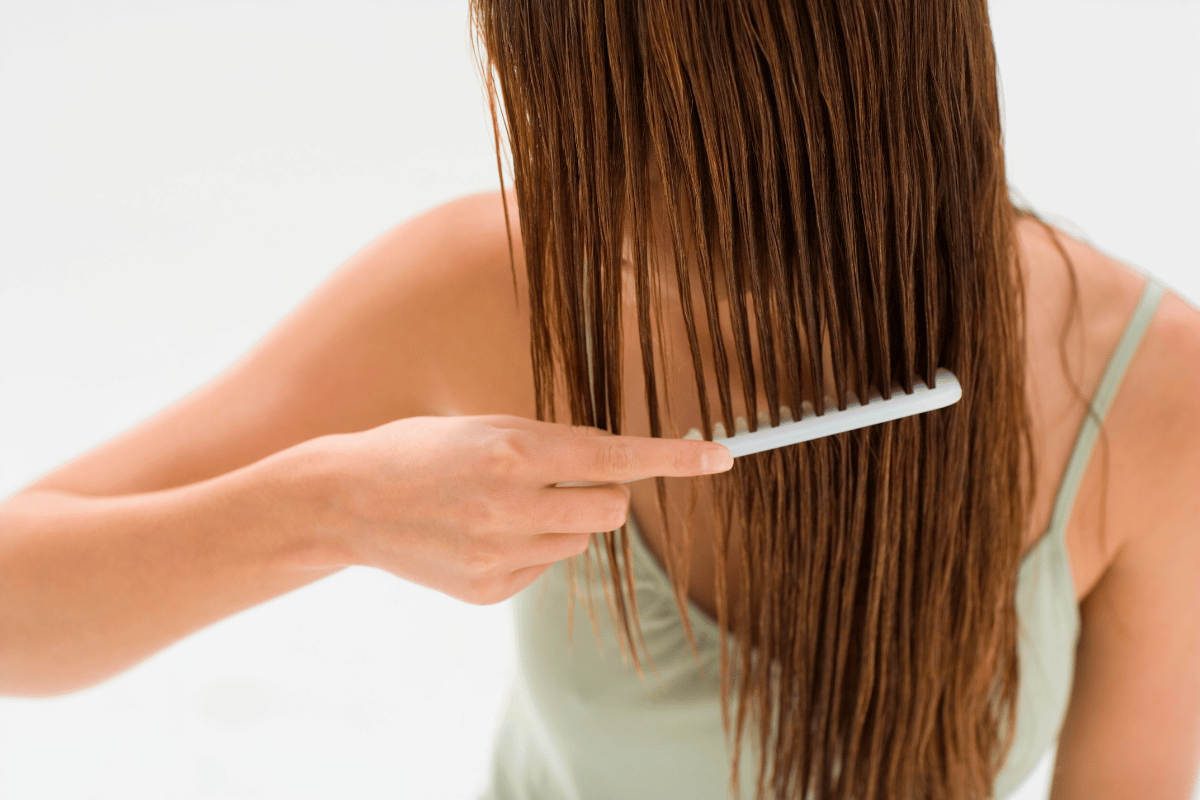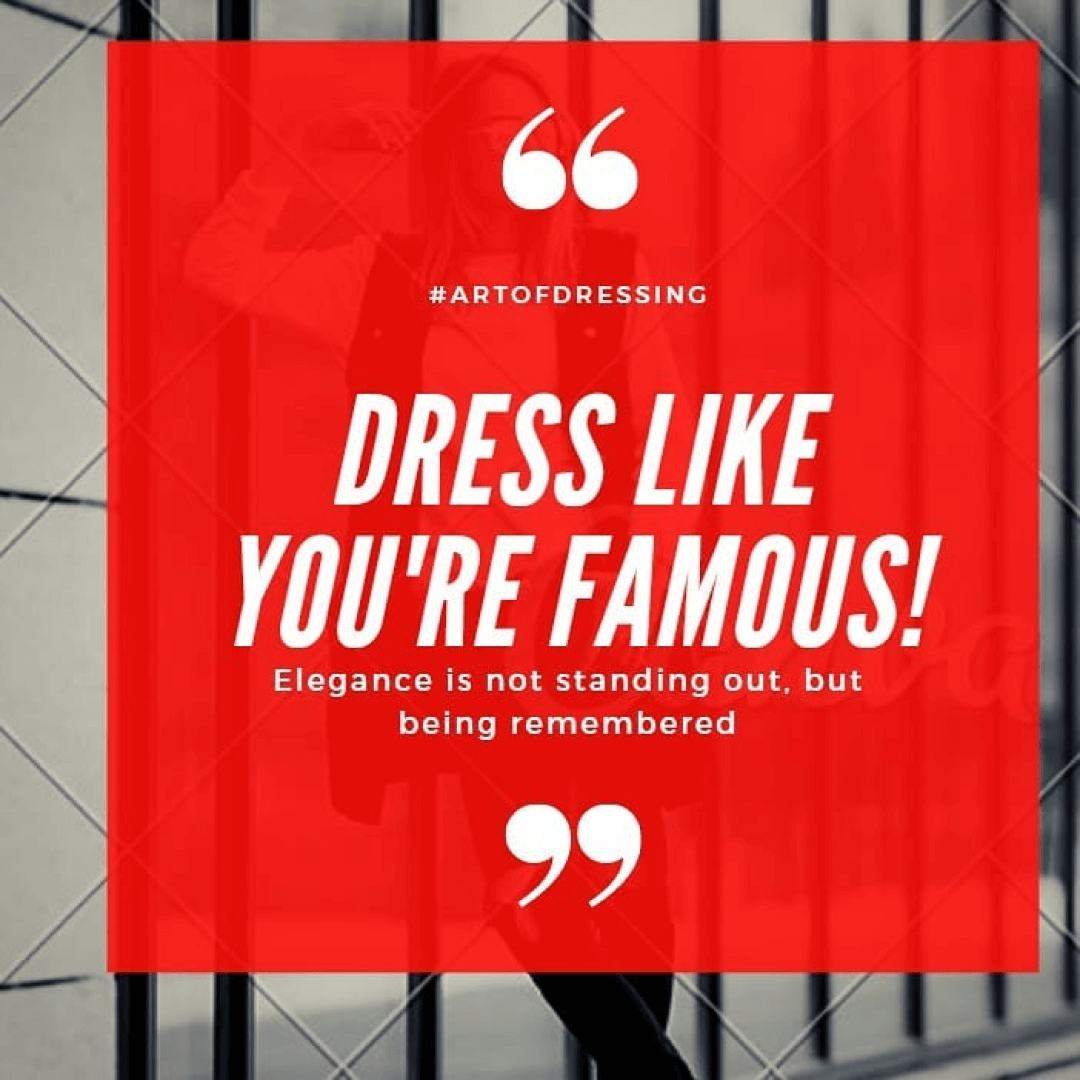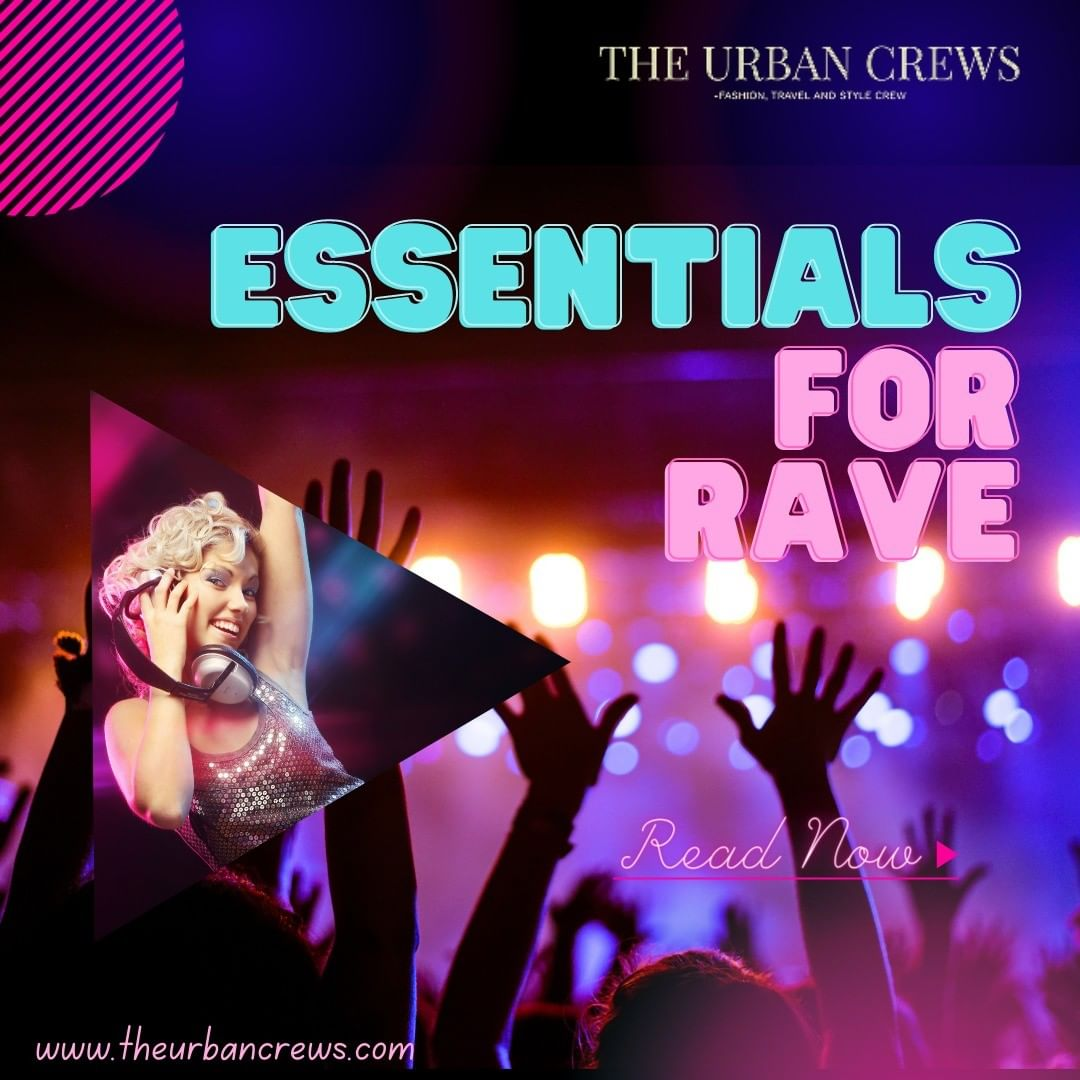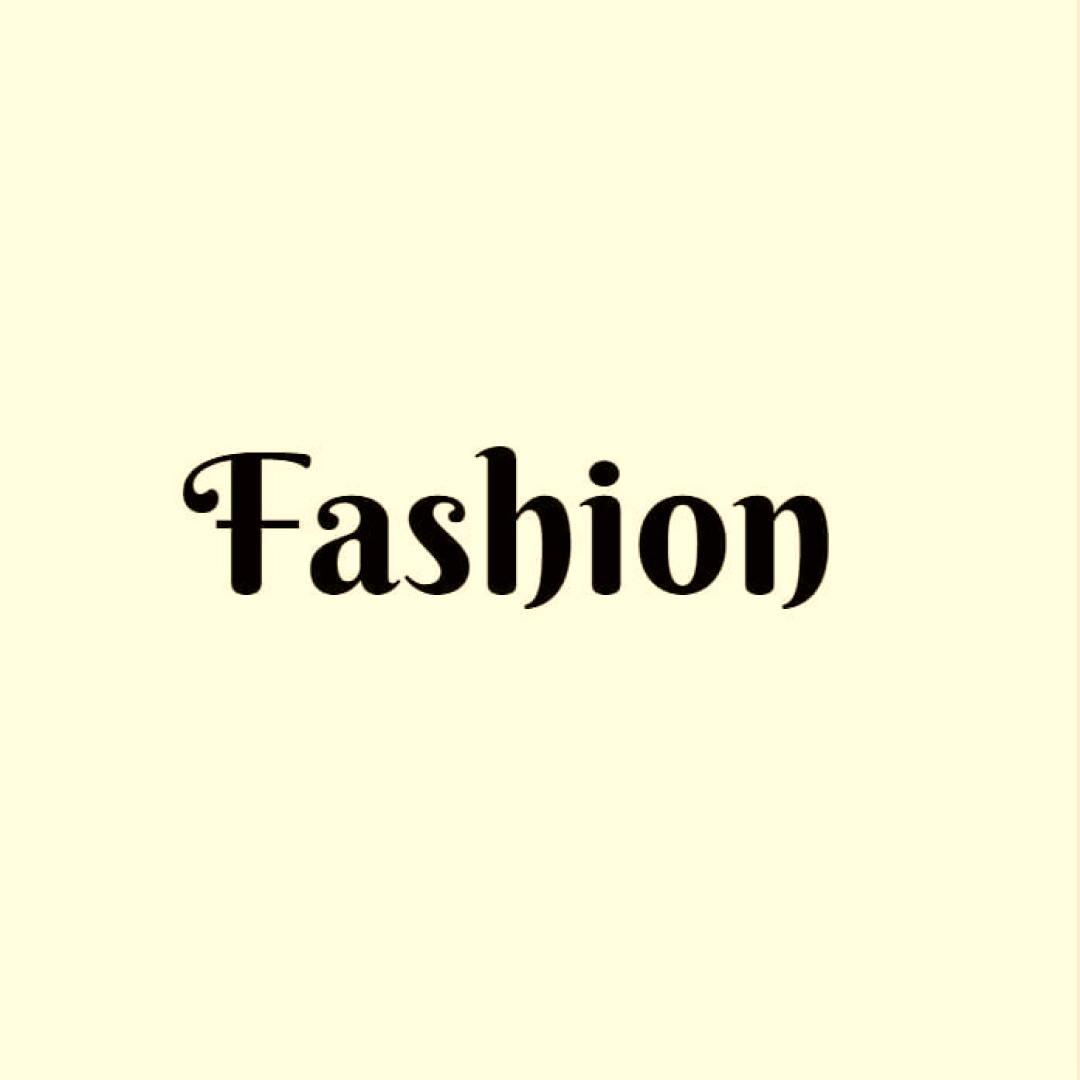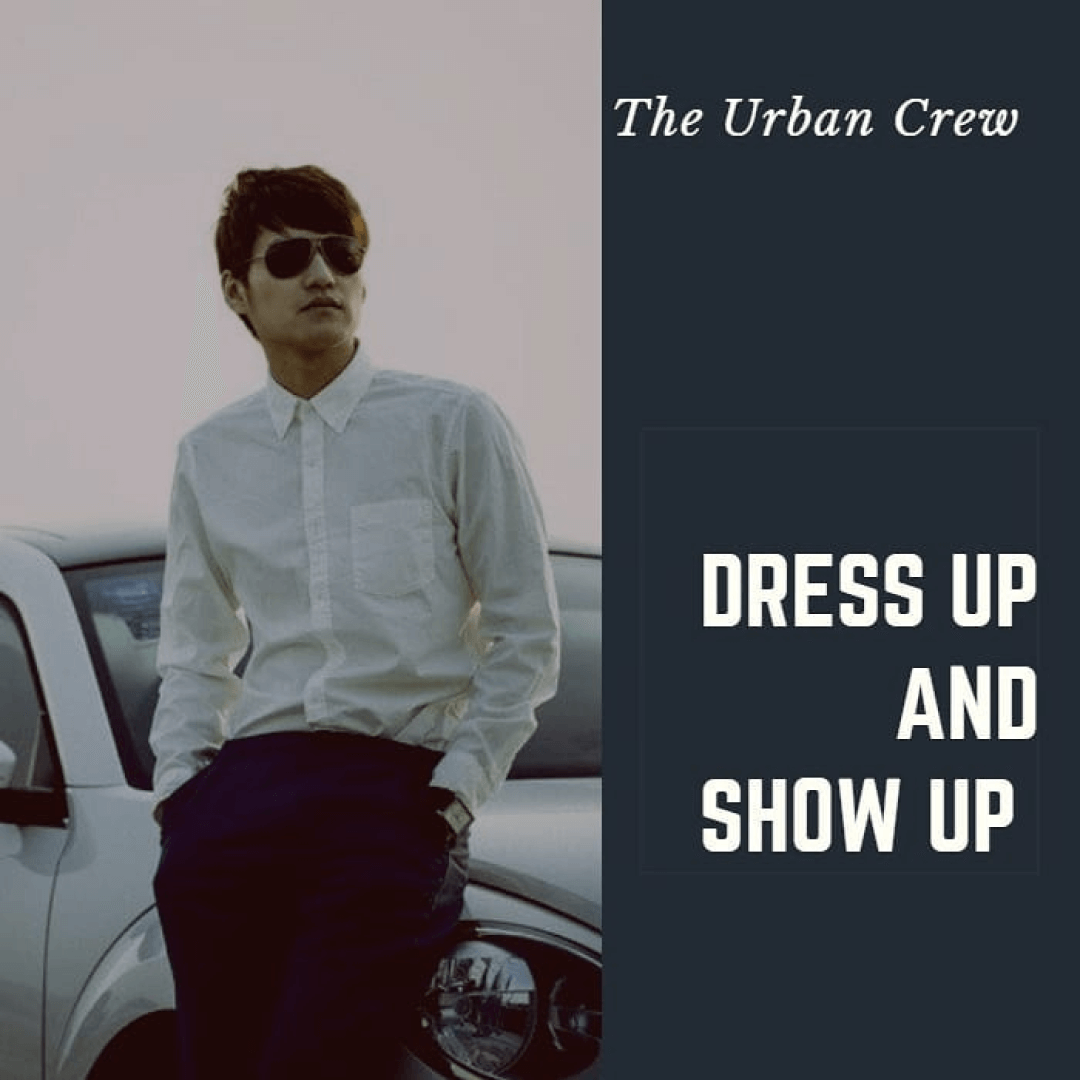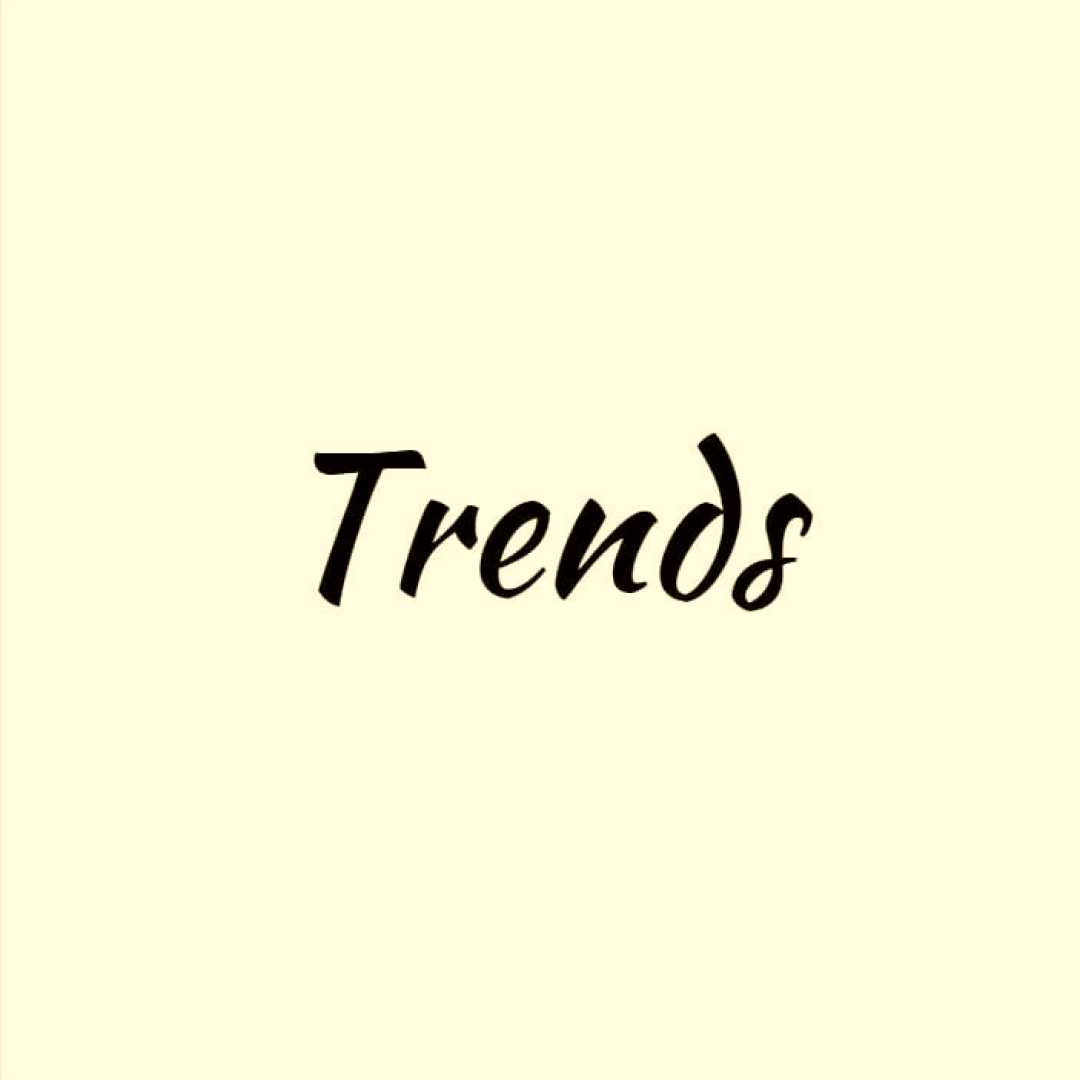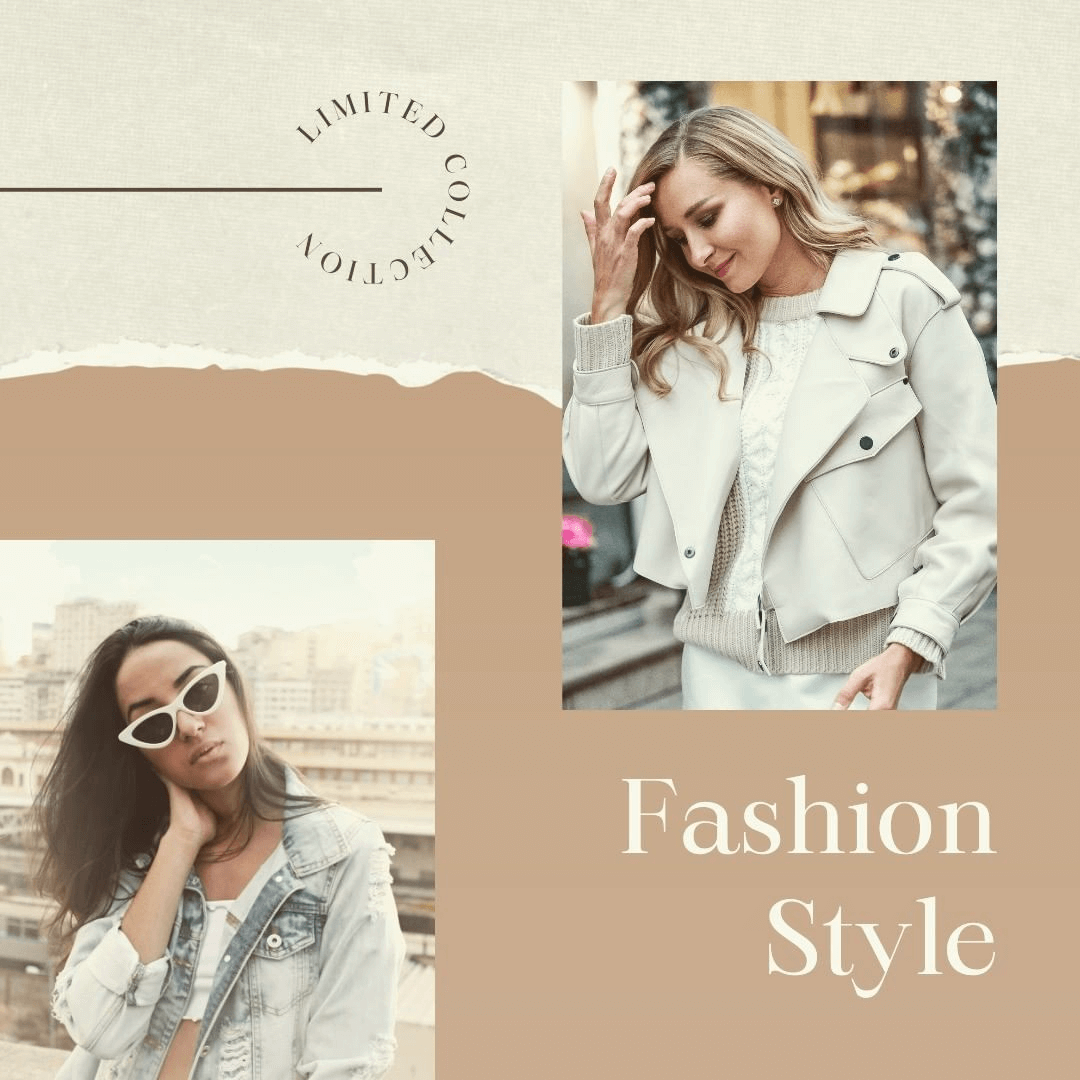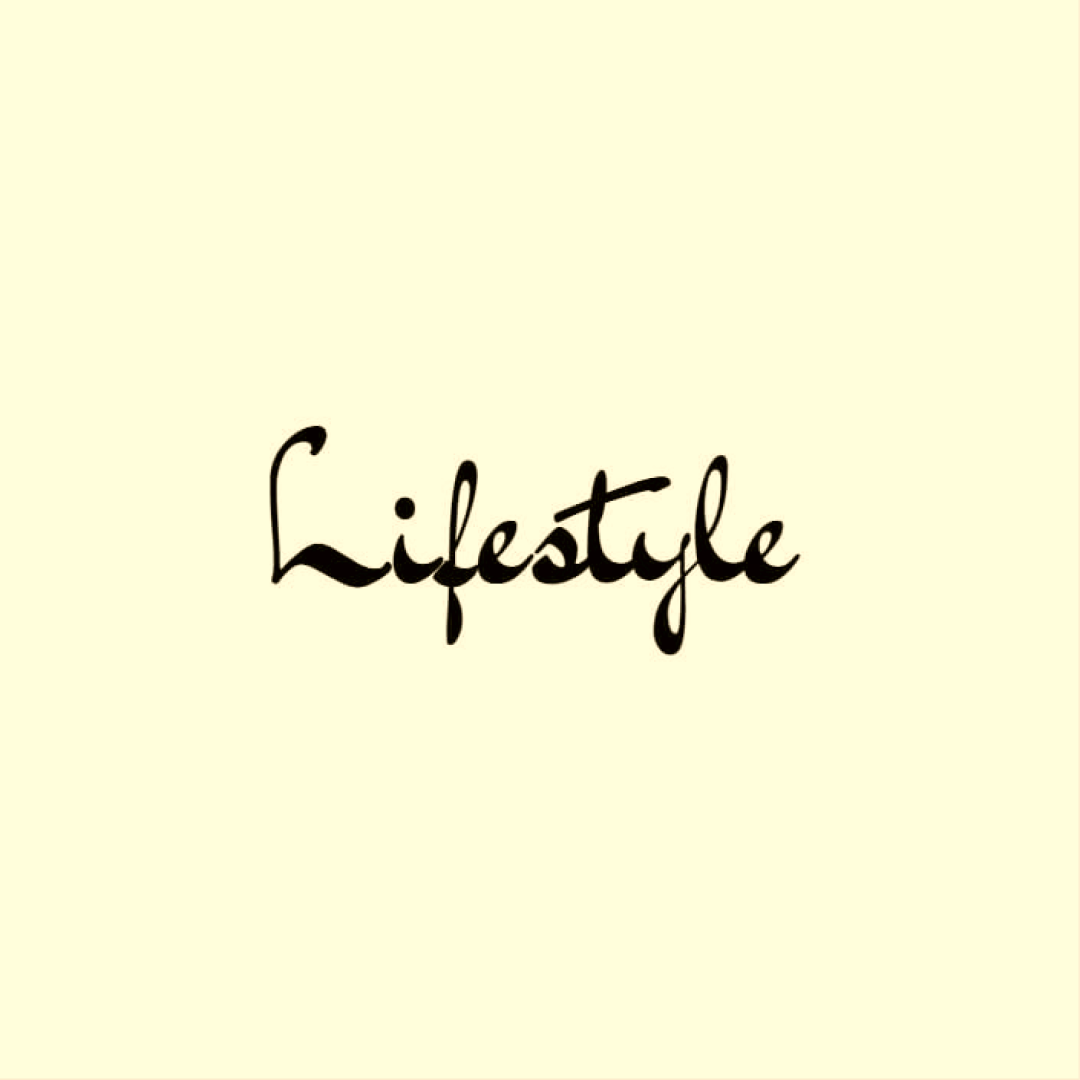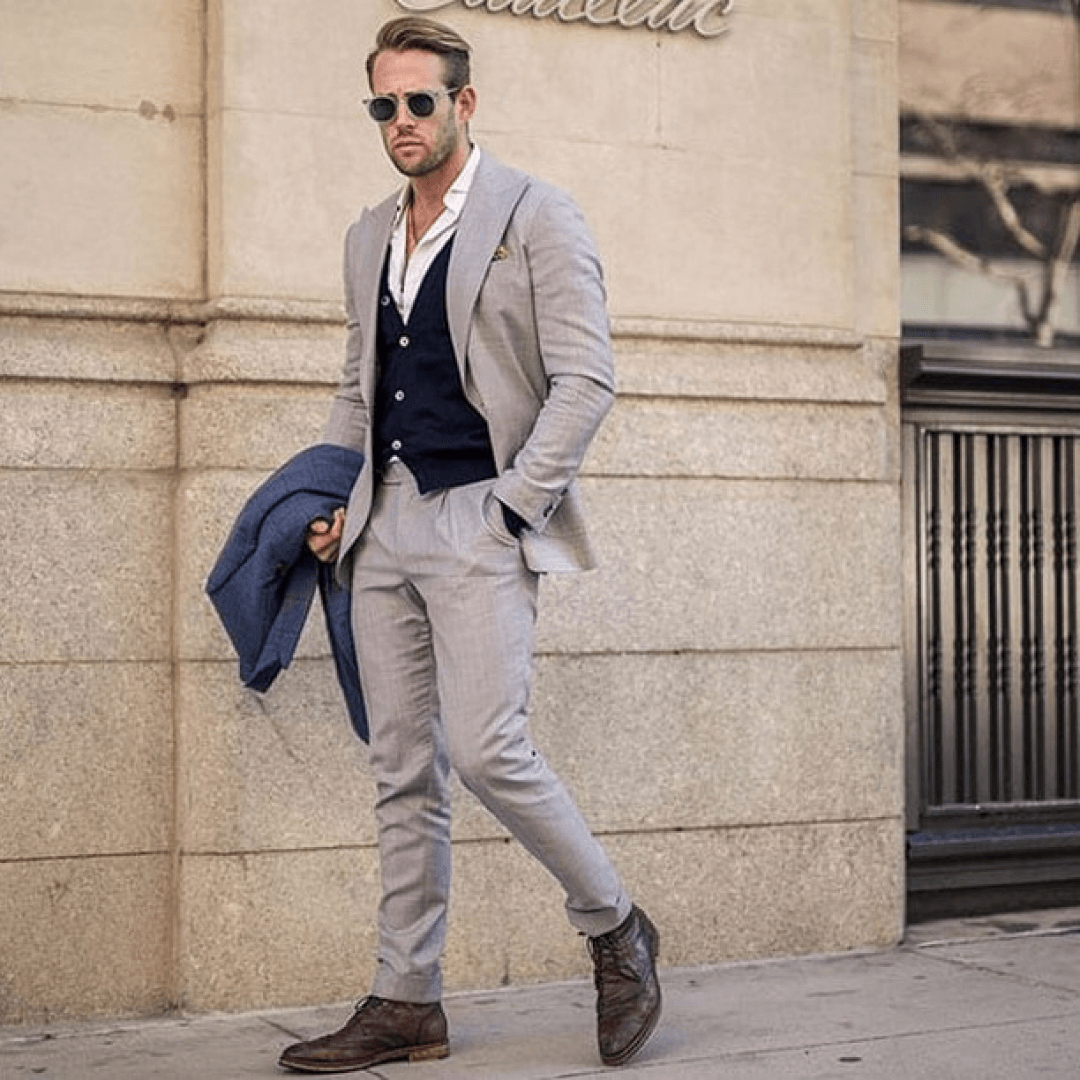In many situations, looks matter. When we look our best, we feel our best, so for many of us, looking after and maintaining our outward appearance is important. From our teeth to our fingernails, many steps go into our daily beauty regimes to ensure that our physical appearance reflects how we look/feel on the inside. For many of us, one of the most critical steps in our daily beauty regimes is maintaining our hair, for which we rely on various tools and products.
However, unbeknownst to some, many of our favorite hair tools and products can do more harm than good to our precious tresses, such as breakage, thinning, and in worst-case scenarios, hair loss. Therefore, knowing the effects specific tools can have on your hair’s health and overall appearance is essential, from salted/chlorinated water and twirling your hair around your finger to how you wear your handbag and the type of pillow you sleep with, loads of tools, habits, accessories, and environmental factors can harm your hair.
To help you determine what to avoid including in your haircare routine, we list several frequently used tools and habits that could be causing unintended damage to your hair. So, if you’re ready to start making better haircare choices and reveal the unsuspecting culprits undoing all your hard work, keep reading to find out more.
Table of Contents
Your Handbag
Chances are you’re sitting across from your computer, blinking at the screen in bewilderment after reading that, thinking, “How can a handbag harm my hair unless I’ve unknowingly bought one from the Harry Potter universe?” While it might sound unbelievable, how you wear your bag can significantly impact your hair (especially if you are prone to weak, damaged hair or suffer from early onset hair loss!).
If you opt for handbags in a shoulder or crossbody style, nobody besides your hair stylist might have noticed that you most likely have more split ends, breakage, etc., on the side of your shoulder you tend to wear your bag. Due to the weight of everything in your bag bearing down on your hair, and the constant motion of slipping it on/off your shoulder, the wear and tear can slowly diminish the appearance and quality of your precious tresses.
Over time it can reduce the quality of your hair so much that it can cause the hair to snap straight off, resulting in eventual hair loss. While you can prevent this by opting for a different handbag style, if you are prone to weak, damaged hair or have a history of hair loss in your family, consider taking medication/supplements to facilitate the growth of stronger, fuller hair.
Whether you’re looking to strengthen your hair or prevent hair loss symptoms, there are various prescription and over-the-counter medications, such as finasteride, minoxidil, and dutasteride. To find out more about dutasteride options for hair loss (and many more!), consider visiting the websites of online pharmacies such as Online Oxford Pharmacy for consultations, results, pricing and more.
Twirling Your Hair
Whenever we get bored or nervous, we all have little habits such as chewing our fingernails, picking our skin, or twirling our hair which can be challenging to shake. Typically, there are called habits because we know we’re not supposed to do them as they can damage various parts of our body, but we can’t help but do them anyway. However, if your nervous/bored habits involve your hair, it is best if you try to wean yourself onto another anxiety-busting practice.
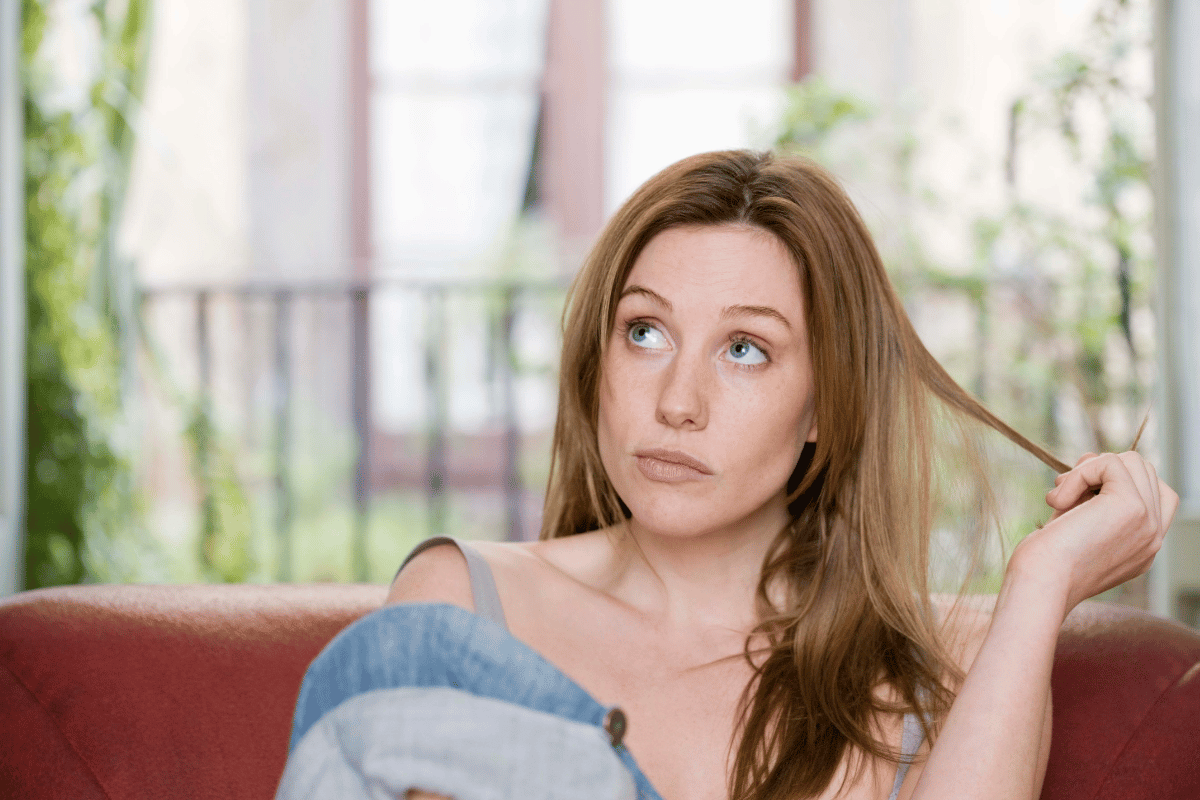
While it might be comforting in moments of boredom or stress, playing with your hair over time can cause breakage, thinning, and, worst case scenario, hair loss if you don’t nip the bad habit in the bud as soon as possible. As well as causing breakage, thinning, and split ends, twirling your hair allows your hands to deposit dirt, grease, and other unpleasantness onto your hair, affecting its appearance.
Fortunately, if you’re guilty of this bad habit, there are several ways to kick it to the curb, like styling it in a chic updo, wrapping it up in a headwrap, practising mindfulness, and much more.
Your Pillow
Surely, bedtime is a place where your hair is safe. Since you’re not using any tools, products, accessories etc., you’re just going to sleep – so how could your hair possibly be at risk? However, not treating your hair right at bedtime can also cause unintended damage to your locks while you sleep, especially you’re bedding.
While cotton is a popular choice when it’s time for bed, using a pure cotton pillow can strip your hair of much-needed moisture and create dry patches; plus, moving around during the night can cause breakages and split ends. Instead, if you want to preserve the appearance and quality of your hair, you should invest in a silk pillowcase which is much friendlier on your hair than traditional materials.
As well as keeping your hair in check, silk pillowcases can provide numerous benefits for your skin, such as preventing wrinkles, keeping skin hydrated, minimising the appearance of acne, and much more. So, if you can afford one, consider adding one to your Amazon basket today and start reaping the benefits of improved hair/skin.
Wearing Updos Constantly
There’s nothing more classy or timeless than styling your hair in a chic updo whenever you want to look your best. However, if you’re a creature of habit and style your hair in these updos all the time, it can cause unintended damage to your hair over time. While it might be okay for the likes of Ariana Grande, Kylie Jenner, and Kim Kardashian, who are renowned for their skull-hugging styles and never seem to look like they suffer from any ill-affects despite wearing them often.
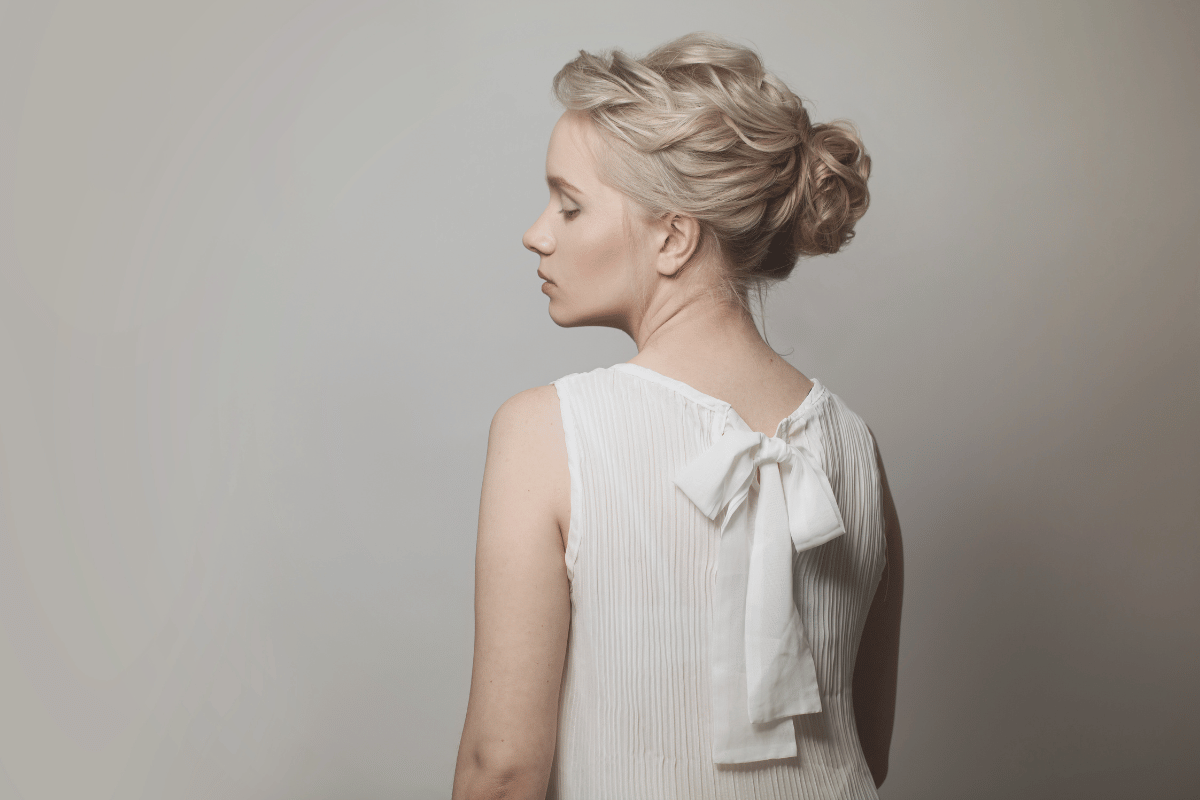
If you wear your hair pulled back into a ponytail, braid, cornrows etc., the constant pulling on your scalp can encourage the hairline to recede over time and eventually lead to hair loss which can be challenging to reverse. Therefore, it is best to wear your hair in these hairstyles sparingly, as while they might elevate your look, they can be wreaking havoc on the quality/appearance of your hair behind the scenes – but this doesn’t mean that you can’t wear them at all.
Instead, opt for an updo that is friendlier on your hair, like loose braids or a bun, avoiding glue-in extensions and giving your hair time to recover after you do wear a skull-hugging hairstyle by going natural for a couple of weeks.
Your Brush
We pull a brush through our hair every day, and since it’s become a part of our daily routine, we don’t often pay attention to what we use to brush it. However, using the proper brush for your hair type can help you improve its quality/appearance and prevent unnatural amounts of hair loss.
For instance, if you have thick, wiry hair, the best brush for you will be a nylon bristle brush, whereas if you have curly hair, the best one for you will be a detangler brush. Depending on your hair type, the brush you need to use will differ, and depending on how you style it, you may even require additional ones to help you achieve your desired look every day. Understanding which brushes are best for your hair’s needs is the only way to ensure your maintaining/style your hair how you should and prevent hair loss.
